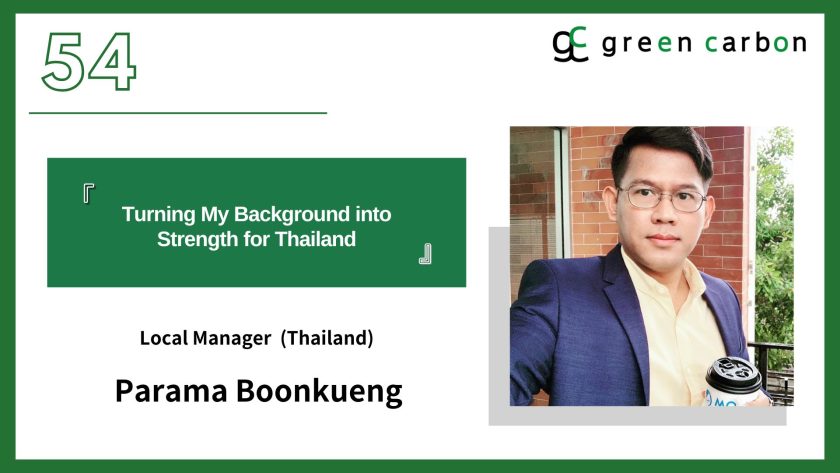This time, we interviewed Dr. Parama Boonkueng, who is working as a local manager in Thailand. Read on how Dr. Parama Boonkueng, leveraging a diverse background, contributes to Green Carbon — we invite you to read through to the end!
Name: Dr.Parama Boonkueng
Position: Local Manager (Thailand)
Specialization/Responsibilities: AWD in paddy field and Biochar project, stakeholder engagement, Carbon credit research, local coordination, and project implementation
Reason for Joining Green Carbon: To apply my multidisciplinary background to create tangible environmental and social impact through collaborative, community-based approaches
Career Background: Experienced in carbon credit research, parliamentary advisory, nonprofit leadership, and international development, particularly in urban refugee education
Major/Studies:
・B.Sc. in Computer Science
・M.Sc. in Computer Science
・Graduate Diploma in Teaching Profession
・Ed.D. in Educational Administration
Hobbies/How I Spend My Days Off: Traveling cultural sites and reading about public policy and innovation
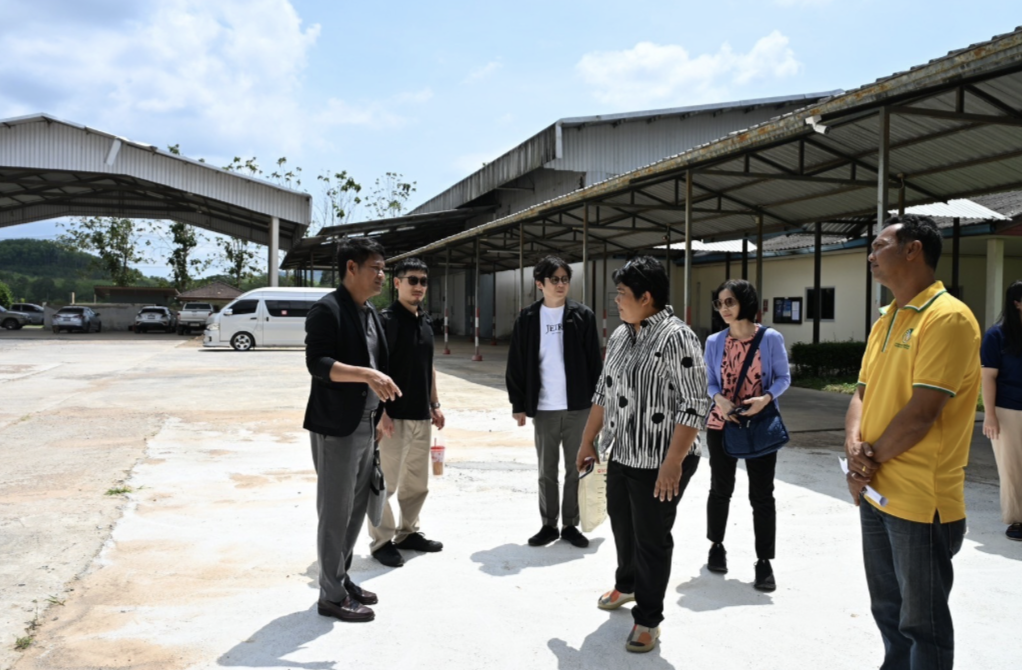
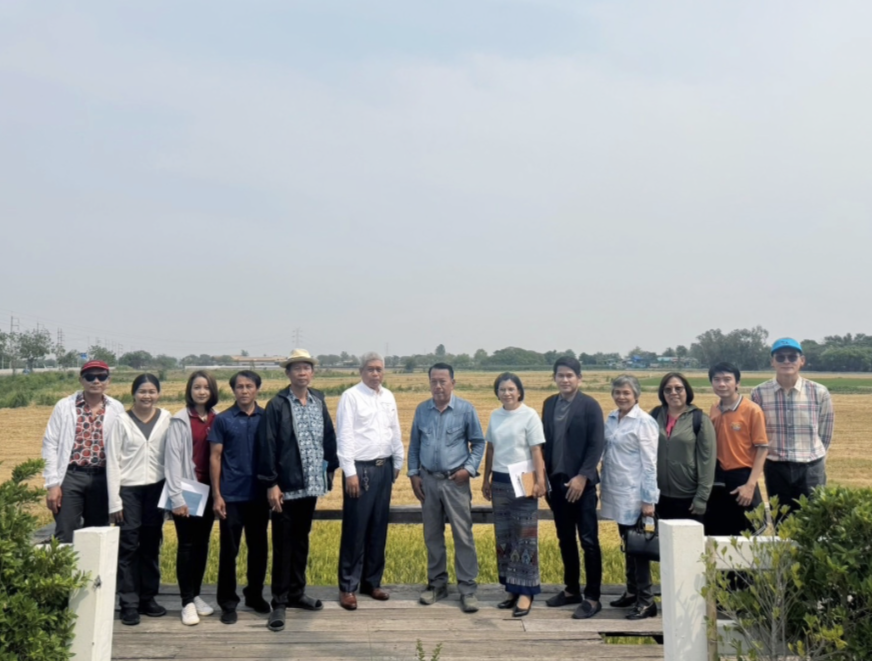
Q. Please tell us about yourself, including your career background.
My name is Dr. Parama Boonkueng. I have an interdisciplinary background combining education, technology, and community engagement. Over the past decade, I’ve worked across sectors, from carbon credit research to serving as an advisor to a Thai parliamentary commission and Formerly a university executive at the vice-president level. I also have extensive experience managing nonprofit organizations, particularly those focused on education for urban refugees under UNHCR programs. My academic foundation in computer science and educational administration has helped me navigate complex systems while staying people-centered in my approach.
Q. What kind of work are you involved in? Please tell us about your job responsibilities.
As the Local Manager for Green Carbon in Thailand, I coordinate field implementation; particularly focusing on AWD and Biochar projects in Thailand. My role involves community engagement, capacity building, local stakeholder coordination, and contributing to the research and reporting that supports carbon credit validation. I work closely with farmers, local institutions, and government counterparts to align our goals and ensure our interventions are locally relevant and sustainable.
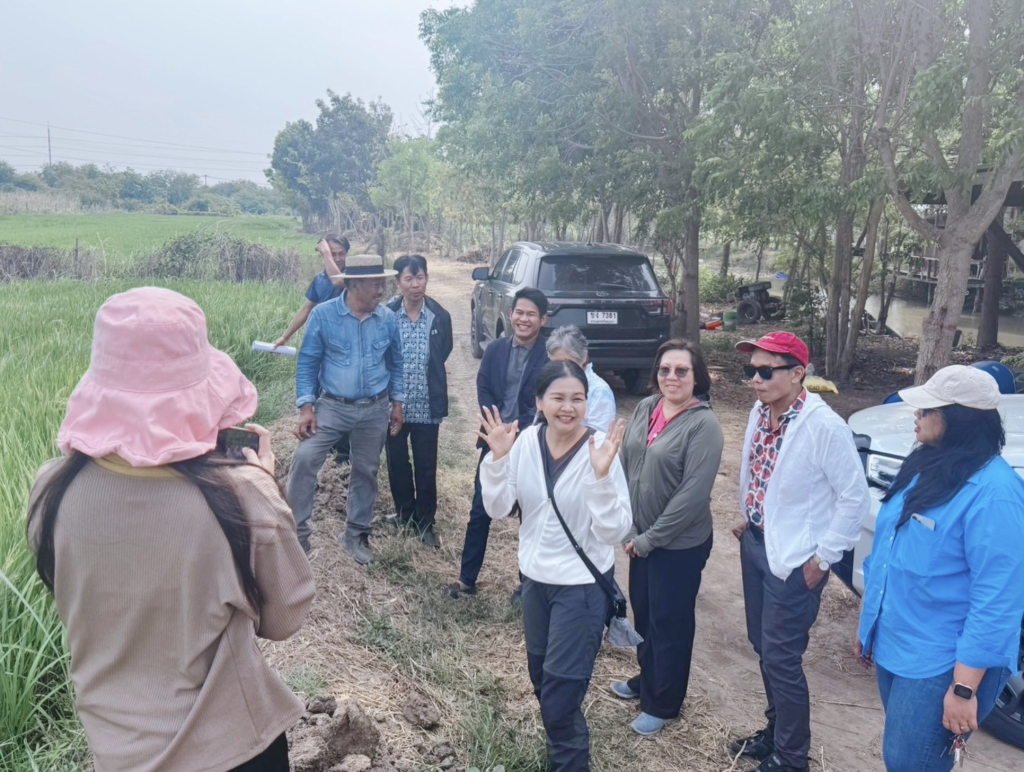
Q. What led you to pursue your current job?
I was drawn to this role because it connects my background in carbon credit research with hands-on community development. Green Carbon offered a unique opportunity to combine environmental science with real world, grassroots implementation. It also allows me to work across different levels from local farmer groups to national level policy discussions which reflects my career interests and experience.
Q.What do you find most rewarding or fulfilling about your work?
It’s fulfilling to witness the transformation that happens when communities are empowered with both knowledge and opportunity. Whether it’s a farmer sharing how water-saving techniques have helped them, or a local partner feeling proud to be part of a climate solution it reminds me that sustainable change is possible when people are at the center. I also enjoy working in a field that bridges global climate goals with local livelihoods and I feel encouraged when I see opportunities for them to gain increased and sustainable income in the future.
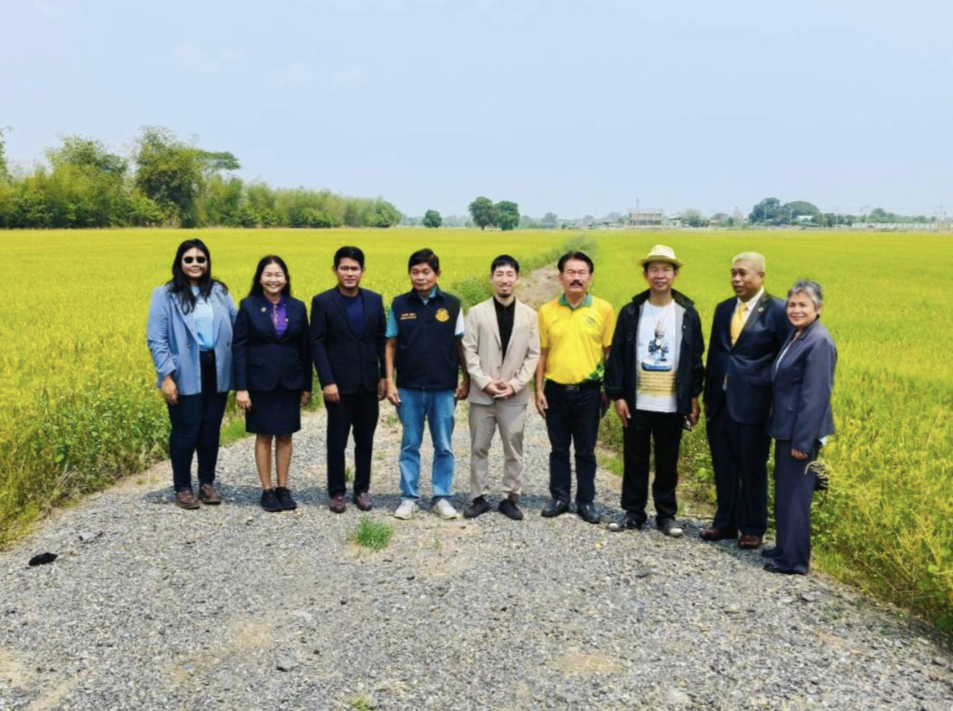
Q.What challenges have you faced so far?
One of the main challenges is harmonizing the diverse expectations and understandings between international partners, local communities, and public agencies. My role often requires compromising and aligning these perspectives. Another challenge is managing uncertainty.
Q. How do you see yourself in 10 years, and what are the challenges you’re excited to take on ?
In 10 years, I envision myself leading or supporting initiatives that integrate environmental resilience with inclusive education and local empowerment, both in Thailand and regionally. I’m particularly excited to explore how technology, data, and education can be combined to support marginalized communities in adapting to climate change. The challenge lies in building scalable models that remain inclusive, accountable, and community driven.

